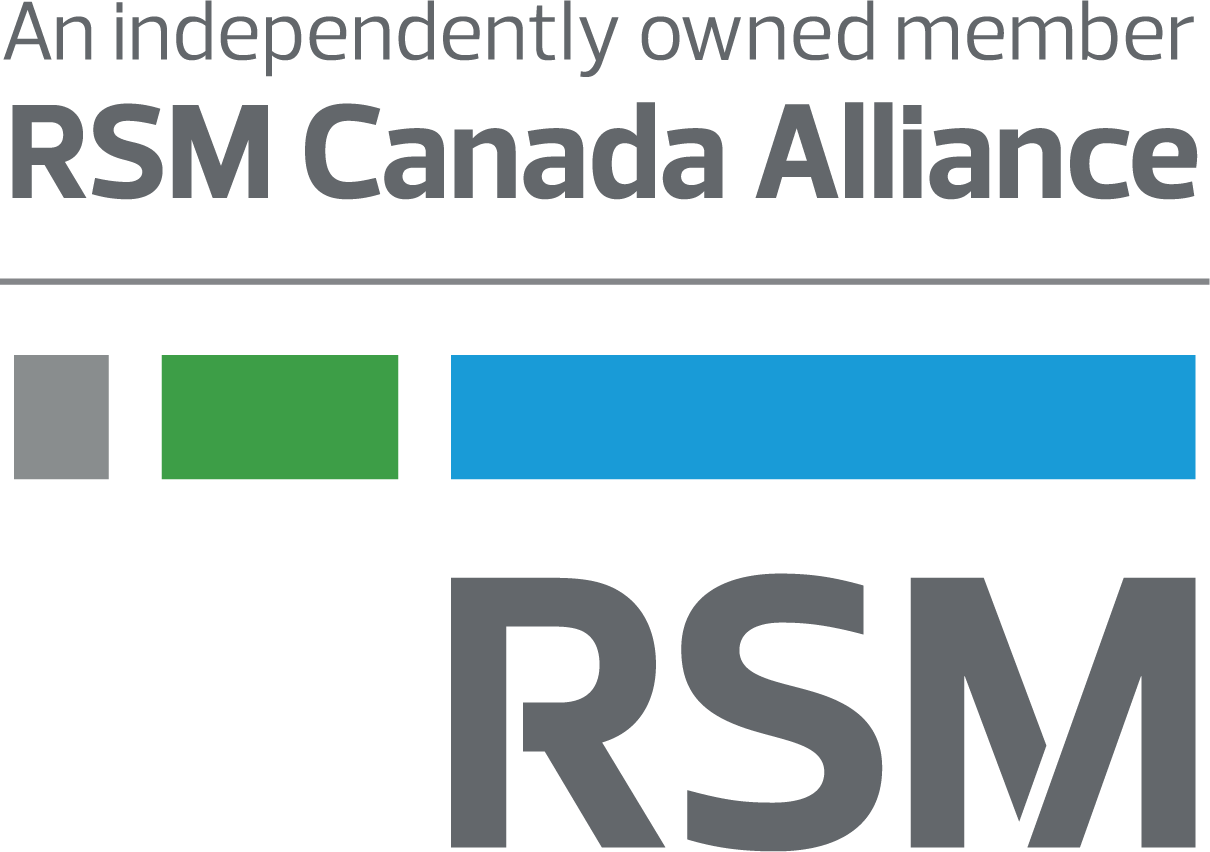
January 24th, 2025
Posted on March 24th, 2023 in Domestic Tax

On March 23, 2023, Ontario’s Minister of Finance Peter Bethlenfalvy delivered the 2023 Ontario Budget (the 2023 budget). The 2023 budget revealed the framework for Ontario’s “Plan to Build”: a targeted approach to help people and businesses by offering tax relief to manufacturers and small businesses.
Despite budget 2023 being the largest spending plan in the province’s history, Ontario is on track to balance the budget by 2024–25, three years earlier than forecasted, due to record-high revenues and a historically low unemployment rate. In 2022–23, the Ontario government is projecting a deficit of $2.2 billion.
No changes were proposed to the Ontario corporate or personal income tax rates.
A new Ontario-Made Manufacturing Tax Credit is proposed, providing up to $2 million of corporate income tax relief for Canadian-controlled private corporations (CCPCs) that make certain qualifying investments. CCPCs with a permanent establishment in Ontario can receive a 10% refundable tax credit for capital investments in buildings, machinery, and equipment for use in manufacturing or processing in Ontario. Generally, qualifying investments would include expenditures in certain capital property. Examples of expenditures can include costs to construct, acquire, or renovate manufacturing or processing buildings in Ontario, as well as machinery or equipment used in the manufacturing or processing of goods in Ontario.
CCPCs are limited to $20 million of qualifying investments that are eligible for the tax credit, which must be shared among groups of associated corporations. As such, any one group of associated corporations would be entitled to up to $2 million of this refundable income tax credit annually.
Key takeaway
CCPCs that make qualifying investments in certain capital property used in manufacturing or processing within a permanent establishment in Ontario may be entitled to a refundable tax credit of up to $2 million per year.
The small business corporate income tax supports CCPCs by providing a preferential tax rate to lower their tax costs. Currently, the preferential tax rate phases out when a CCPC, or an associated group of CCPCs, has between $10 million and $15 million of taxable capital employed in Canada. At the end of 2022, the Ontario government proposed to extend the top end of the phase-out range to $50 million, matching the range found in federal legislation. In the 2023 budget, Ontario government introduces the legislative amendments to bring this change into force. This change will apply to all tax years starting on or after April 7, 2022.
Key takeaway
The top-end increase of the phase-out range will allow more corporations to take advantage of the preferential small business corporate income tax rate and lower their tax costs.
The Ontario government is modernizing its film and television tax credit by allowing professional film and television productions to claim the credits for productions distributed as online exclusives. Draft regulatory amendments for this change are available for public comment until April 11, 2023. Moreover, the Ontario government is considering additional modernization measures, including:
Key takeaway
Media creators can expect increased access to tax credits that support their work.
Effective July 1, 2023, a single basic tax rate of 12% will apply on wine and wine coolers sold in off-site retail wine stores, including wine boutiques. This will replace the current four separate basic tax rates that apply to wine sold in off-site retail wine stores with a single rate. The basic tax rates on the retail price of wine currently range from 6.1% to 22.6%.
These changes are in response to a World Trade Organization settlement reached between Canada and Australia on July 22, 2020. The settlement related to Australia’s complaint about Ontario’s measures governing the sale of wine that favour domestic wine as compared to imported wines.
Key takeaway
Although it is to the detriment of previously tax-favoured domestic wine, the application of a single tax rate rather than four should simplify tax administration.
As previously announced, being part of Ontario’s plan to help keep costs down for Ontario families and businesses, the government has extended the current gas tax and fuel tax rate cuts for an additional year at 9 cents per liter until Dec. 31, 2023.
Key takeaway
These cuts are expected to save Ontario households $195 on average between July 1, 2022, and December 31, 2023.
To help combat the rising cost of goods and services, as previously announced, Ontario is temporarily doubling the Guaranteed Annual Income System (GAINS) payments beginning January 2023 until the end of December 2023. GAINS provides a monthly, non-taxable benefit to low-income Ontario seniors. Ontario is also proposing to make changes to expand the eligibility for GAINS, starting in July 2024, through a higher private income threshold and proposing to index this benefit annually so that it increases with inflation.
Key takeaway
The continuous support from the Ontario government for low-income seniors should assist in subsidizing the rising costs of goods and services.
This article was written by Clara Pham, Daniel Mahne and originally appeared on 2023-03-24 RSM Canada, and is available online at https://rsmcanada.com/insights/tax-alerts/2023/2023-Ontario-Budget-commentary.html.
The information contained herein is general in nature and based on authorities that are subject to change. RSM Canada guarantees neither the accuracy nor completeness of any information and is not responsible for any errors or omissions, or for results obtained by others as a result of reliance upon such information. RSM Canada assumes no obligation to inform the reader of any changes in tax laws or other factors that could affect information contained herein. This publication does not, and is not intended to, provide legal, tax or accounting advice, and readers should consult their tax advisors concerning the application of tax laws to their particular situations. This analysis is not tax advice and is not intended or written to be used, and cannot be used, for purposes of avoiding tax penalties that may be imposed on any taxpayer.
RSM Canada Alliance provides its members with access to resources of RSM Canada Operations ULC, RSM Canada LLP and certain of their affiliates (“RSM Canada”). RSM Canada Alliance member firms are separate and independent businesses and legal entities that are responsible for their own acts and omissions, and each are separate and independent from RSM Canada. RSM Canada LLP is the Canadian member firm of RSM International, a global network of independent audit, tax and consulting firms. Members of RSM Canada Alliance have access to RSM International resources through RSM Canada but are not member firms of RSM International. Visit rsmcanada.com/aboutus for more information regarding RSM Canada and RSM International. The RSM trademark is used under license by RSM Canada. RSM Canada Alliance products and services are proprietary to RSM Canada.
 |
DJB is a proud member of RSM Canada Alliance, a premier affiliation of independent accounting and consulting firms across North America. RSM Canada Alliance provides our firm with access to resources of RSM, the leading provider of audit, tax and consulting services focused on the middle market. RSM Canada LLP is a licensed CPA firm and the Canadian member of RSM International, a global network of independent audit, tax and consulting firms with more than 43,000 people in over 120 countries. Our membership in RSM Canada Alliance has elevated our capabilities in the marketplace, helping to differentiate our firm from the competition while allowing us to maintain our independence and entrepreneurial culture. We have access to a valuable peer network of like-sized firms as well as a broad range of tools, expertise, and technical resources. For more information on how DJB can assist you, please contact us. |
Drop us a line, we look forward to hearing from you.